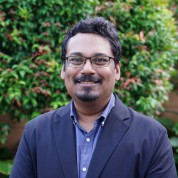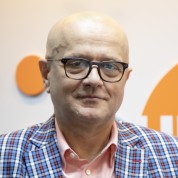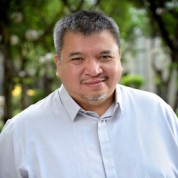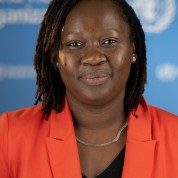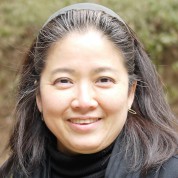PL 1
Demographic Transitions, Social Equity, and Population Diversity
29
Jan
The Plenary Session for Sub-theme 1 aims to discuss the complex realities of global demographic transitions and the imperative for an equity-centered approach. Converging demographic and societal transitions - such as the simultaneous rise in youth and older-age cohorts, evolving family and care arrangements, spatial population shifts - are manifesting at varying intensities across countries. These are placing increasing pressures on health and social protection systems as well as posing challenges for how to develop and sustain supportive social, economic, and physical environments.
At the same time, these transitions present important opportunities to harness the demographic dividend by investing in young people’s education, skills, and employment prospects, and to unlock the potential of the silver economy by supporting older adults' participation in society and the economy. Realizing these opportunities sustainably and for societies as a whole, also requires understanding and addressing the differentiated impacts of demographic transitions on vulnerable and at-risk groups, such as people with disabilities, migrants, indigenous populations, gender minorities, and informal workers.
Achieving equitable outcomes necessitates integrated and forward-looking policy approaches that are both inclusive and evidence-based, supported by interventions that are attentive to existing gaps in coverage, affordability, and accessibility related to social welfare systems, income security, care provision, and access to essential services across the life course.
The Plenary Session will serve as a high-level framing for the sessions under Sub-theme 1 on (1) Social welfare systems, social protection, and fiscal sustainability, (2) Harnessing demographic dividends and silver economy, (3) Role of family, community, and supportive environments alongside demographic shifts, (4) Advancing intergenerational solidarity and equity in an ageing world, and (5) Inclusive policies for vulnerable and at-risk groups.
In particular, the Plenary will highlight cross-cutting themes and priorities. The Plenary will also explore the role of different stakeholders including governments, civil society, communities, the private sector, and development partners in shaping and implementing effective solutions.
PANELISTS
Biosketch
Abhijit Visaria
Aleksandar Sasha Bodiroza
Chalermpol Chamchan
Eduardo Banzon
Fadekemi Akinfaderin
Gretchen Donehower
Reiko Hayashi

